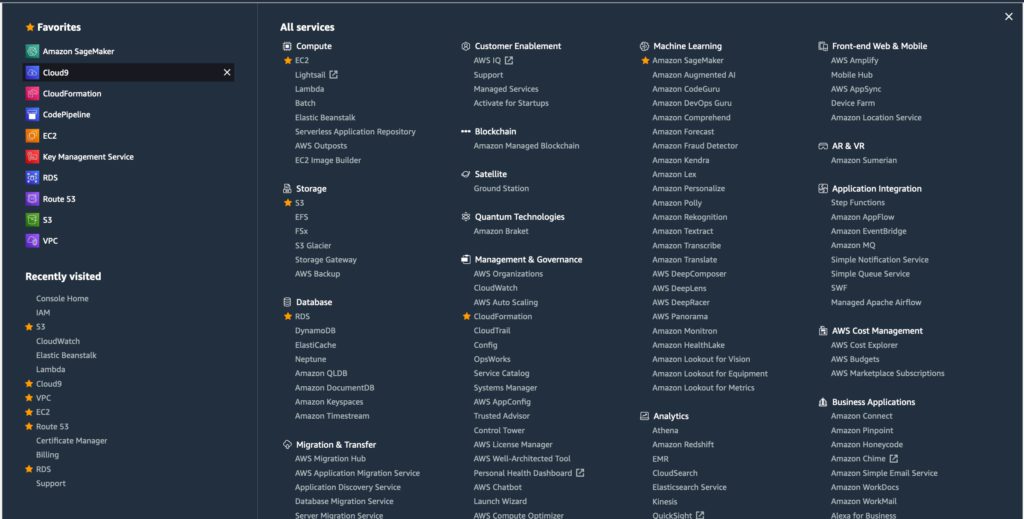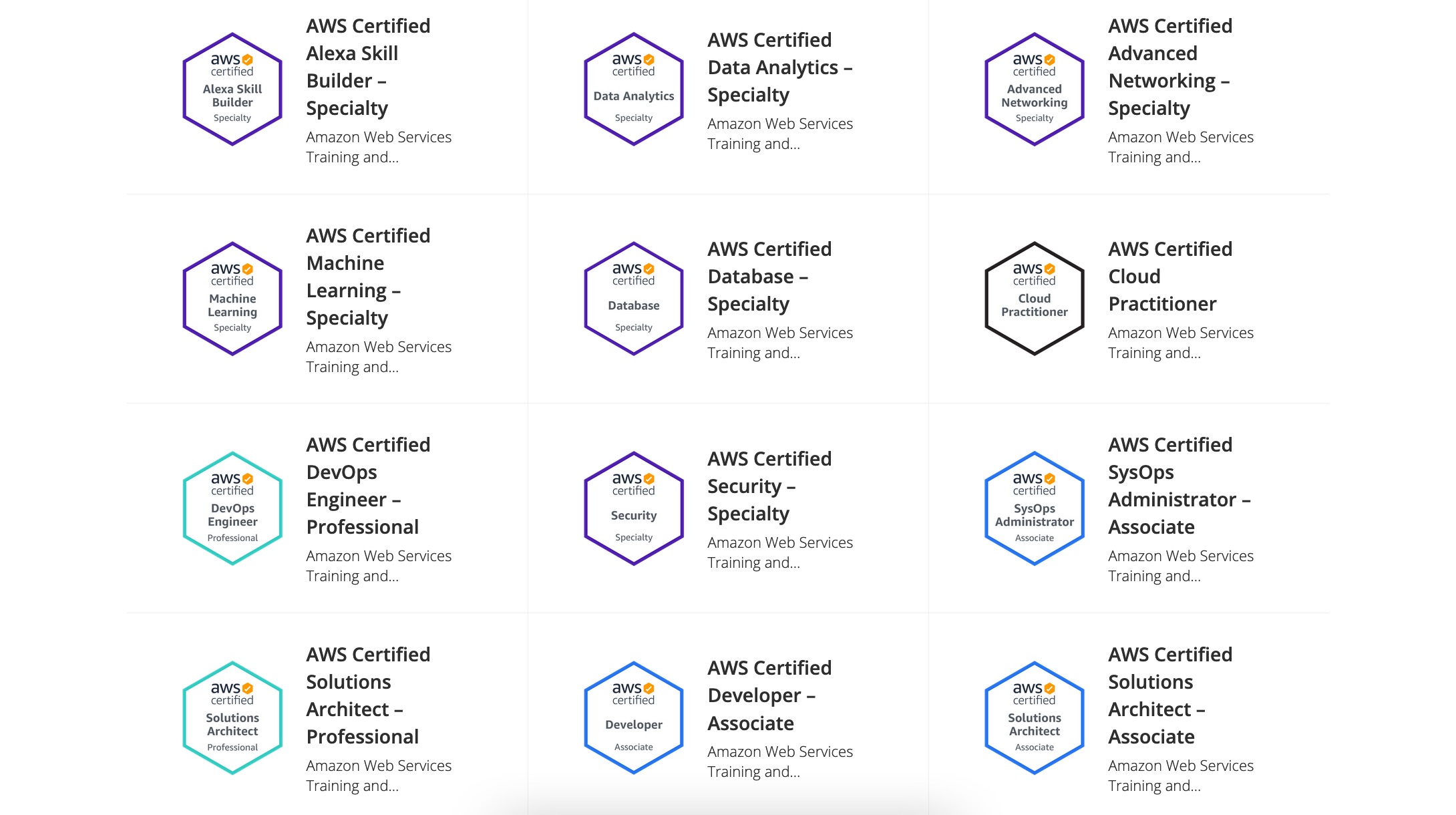If you are an IT professional, I am sure you have heard about cloud computing. The company you are working for might be using it, or you might have attended a cloud computing talk in your tech community meetup. But do you know that a significant number of applications and websites you are reading are hosted on the cloud, and a lot of them are on AWS? Analysts estimate that one-third of the internet runs on AWS. That’s a lot of applications and websites!
AWS, in particular, is responsible for reducing the cost of starting businesses from USD 5M to just USD 50K. It is undeniable that the cloud provided the platform to run a digital revolution in the 2010s. Now that a new decade has started, it is not even a question if you should learn the cloud; it is a requirement now if you work in tech. If you have not started your cloud journey, you should begin as soon as possible. If you have already started your cloud journey, I encourage you to continue building your experience and skills. More importantly, consider getting advanced cloud certifications to help increase your cloud technical competence.
To Certify or Not Certify
Cloud computing roles are one of the most sought after and top-paying jobs. A study of Global Knowledge found out that professionals who gained new skills and certifications earn on average USD 12,000 –
13,000 more annually. Given these trends, a lot of IT professionals have taken an interest in achieving cloud certifications.
Over my years in the IT industry, I have met professionals who have
different points of view when it comes to IT certifications:
- IT certifications provide value in one’s career
- IT certifications do not reflect the competency of an individual
of wisdom, but I did not find the value of certifications back then.
Midway in my career, my employer asked me to take the
Certified Information Systems Security Professional (CISSP) exam to help increase our company’s security posture. I wouldn’t say I liked it initially, but I took on the challenge. To make the long story short, I studied for the exam for six months using the official Common Body of Knowledge
(CBK) exam materials. I eventually passed it on my first try. I guess I
was lucky. It took me almost a year to complete the credentialing process for the CISSP. But after all the efforts, I finally realized that IT certifications brought significant value to my career and also increased my knowledge. It was worth it!

Immediately after completing my CISSP information security journey, I began my cloud certification journey. The increasing knowledge base and skills required to architect and operate AWS effectively pushed me to look for an enablement path. I stumbled upon the AWS Certified Solutions Architect – Associate back in 2013.
The Cloud is Complex
When I started my AWS cloud journey, everything is more straightforward: you have foundational services for compute, storage, and network. On top of the foundational services, there are managed services for applications and big data frameworks. You can even view all services in the AWS Management Console. Fast forward to 2021, the number of services won’t even fit most screens without scrolling.

There are more than 200 services available in AWS. There are specialized services for management & governance, migration & transfer, machine learning, analytics, business applications, front-end frameworks, and even quantum technologies on top of the foundational services for compute, storage, database, and networking. Given the sheer amount of available technologies and services in AWS, an IT professional can easily get lost on where to start, let alone master the platform.
Guided Cloud Journey
The AWS certification path guides how to learn and master the platform. It has certifications paths for business professionals, intermediate cloud users, cloud professionals, and specialists. If you are a sales professional, account manager, product manager, technical account manager, or business executive in the tech industry, the AWS Certified Cloud Practitioner path is foundational.
Technology professionals starting their cloud journey can jump straight to the Associate certifications by choosing a path: architecture, developer, or systems operations. Most IT professionals can benefit from the architecture path due to its broad nature. Developer and systems operations are good options for professionals with application development and systems administration experience.
What sets experienced cloud professionals with validated industry knowledge are the professional and specialty certifications. Currently, there are two professional-level certifications in AWS: AWS Certified Solutions Architect – Professional and AWS Certified DevOps Engineer – Professional. These two certifications validate comprehensive experience in designing, operating, and troubleshooting solutions in AWS. In my opinion, these two professional certifications provide the baseline competency required for cloud professionals to work on modern workloads.
Specialists who want to obtain deep knowledge of cloud-specific skill sets like data analytics, machine learning, security, networking, and database can go with the Specialty certifications. These certifications validate a deep understanding of the subject domains and how AWS domain-specific services are applied as part of a cloud solution.
As the demand for innovations increase, cloud professionals must upskill to meet the needs of customers. The cloud is getting more complex by the day, and it is essential to continuously adapt to understand how to apply services to build innovations. Cloud certifications provide guidance and structure in getting knowledge. Experience provides mastery.

Diwa del Mundo
Co-Founder, President, Principal Cloud Architect
Diwa is the Co-Founder, President, and Principal Cloud Architect of Apper.ph. He has lead, built, and architected platforms on the cloud in his fifteen years of experience in the IT industry. He is AWS Certified (12x), GCP Certified, and holds a CISSP®.

